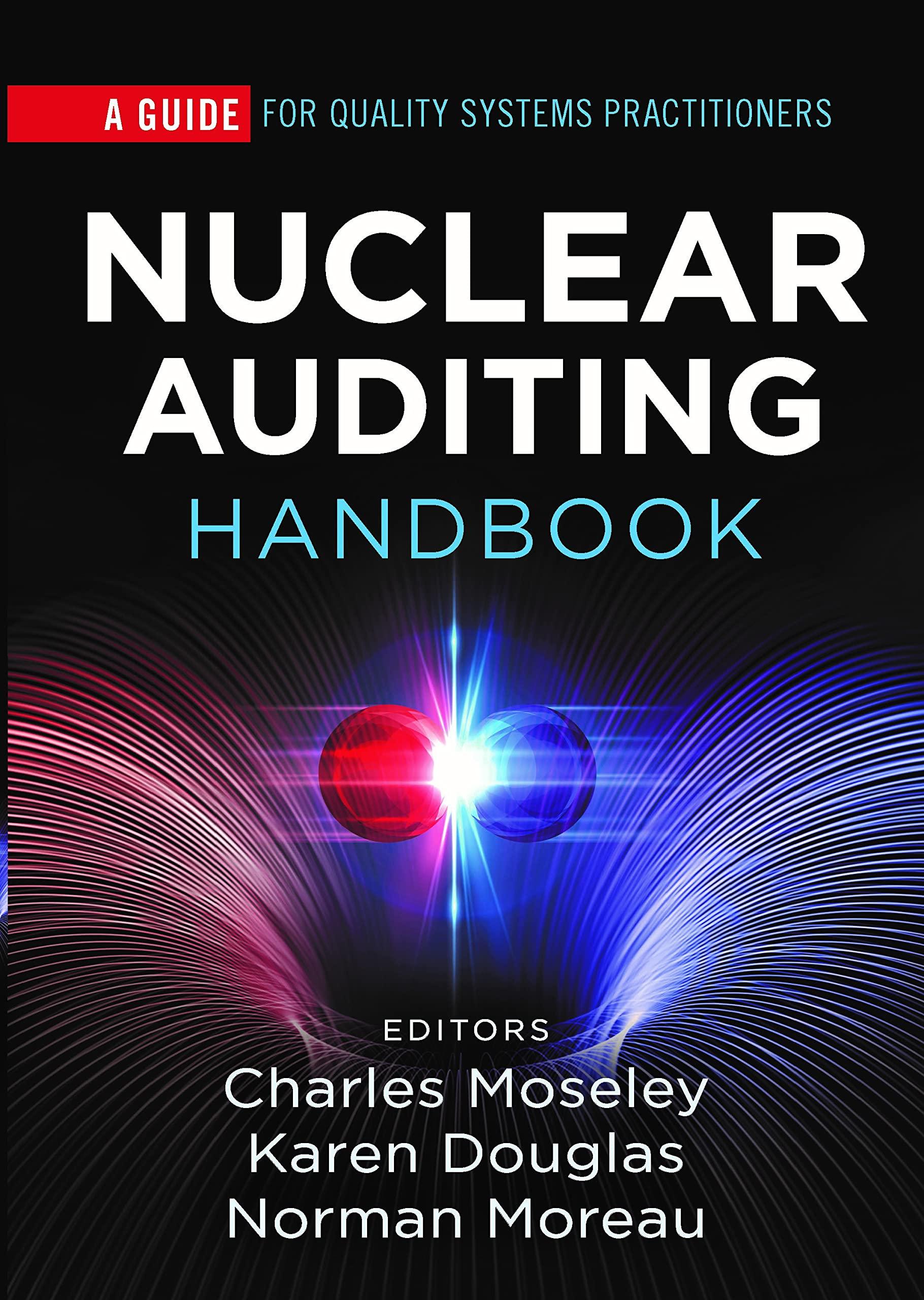Question
Stern was working as the country sales manager for an Australian Iron Ore and Steel mining and Production Company in Adeshiland, a poor country recently
Stern was working as the country sales manager for an Australian Iron Ore and Steel mining and Production Company in Adeshiland, a poor country recently devastated by floods. His company had a large stockpile of semi-processed iron ore waste (slag) in Australia derived from their steel manufacture. Stern was asked to investigate market opportunities for this by-product. He found that there was very buoyant demand in Adeshiland for by-products from the steel making process to be used for railroad ballast and road fill, in cement and building blocks, helping to provide much needed infrastructure to rebuild the country. The quality of the product was subject to metallurgical testing and a relevant rate of duty applied in the importing country based on quality. Stern arranged for the customs bureau of Adeshiland to analyse a sample to confirm the specifications for an applicable rate of duty of 25 % to the import of the product.
Two months later when the first shipment was received in Adeshiland, the Head customs officer was present and declared that the product was wrongly labelled and that an applicable rate of duty was in fact 50% not 25%. On protest from Stern, the customs officer agreed to resolve the issue and allow the import but a payment of a fee was required which turned out to be less than the difference between the 25% and 50% rate of duty (although the payment is still above what Stern believes is the correct rate). The customs officer offered to resolve the issue on payment of a special processing fee for speedy clearance through the import formalities, amounting to 10% of the value of the shipment. The customs staff nominated a Cayman Island bank account for the payment of the fee. There is no provision in the local law for a fee of this kind. Stern realised such a payment was contrary to his company Code of Business Ethics and insisted that the product be tested to confirm his sample analysis. The customs officer agreed. After one month the analysis has not yet been done and Sterns company has paid more than AUD$ 850,000 in storage costs and has not made any sales for the product.
Stern refers the matter to his immediate head in Australia. The manager in Australia suggests Stern offer to finance a scholarship fund to be managed by the head of the customs Bureau in Adeshiland to fund Adeshiland students to study at a university in Australia for three years. Stern and his manager think that the company has the following options:
Option 1: Stern should insist on the correct determination of the customs payment and refuse to continue importing until this is done.
Option 2: Stern should pay the additional duty.
Option 3: Stern should not pay the additional duty but establish the scholarship fund to be managed by the Customs Bureau.
Option 4: Stern should withdraw his companys business from Adeshiland
Answering Requirement: By using an appropriate Ethical Framework*, choose which of the four options your team consider the best AND
a. State your most compelling reason(s) for selecting your chosen response
b. Identify the main risksit involves, looking particularly at the possible reactions of all the stakeholders involved in the transaction.
c. List any reasonable assumptions you have made to arrive at you answer
please refer Ethical Framework* (Ethical Framework for resolving ethical dilemmas) below:
obtain the relevant facts
identify the ethical issue
determine the affected individual(s)
identify possible alternatives
determine effect of alternatives on groups/stakeholders
decide on action
Step by Step Solution
There are 3 Steps involved in it
Step: 1

Get Instant Access to Expert-Tailored Solutions
See step-by-step solutions with expert insights and AI powered tools for academic success
Step: 2

Step: 3

Ace Your Homework with AI
Get the answers you need in no time with our AI-driven, step-by-step assistance
Get Started


